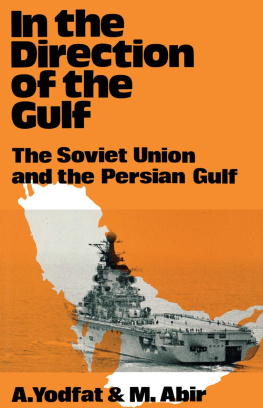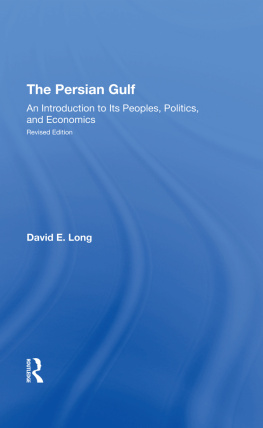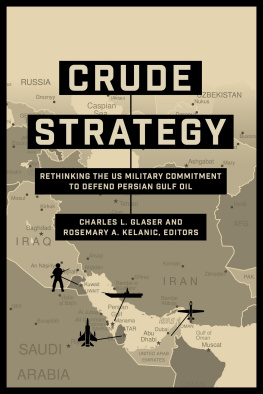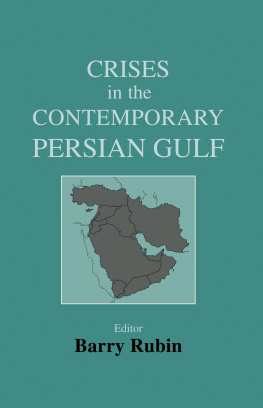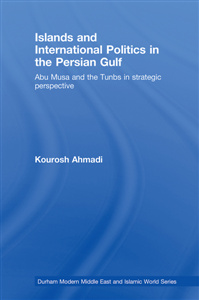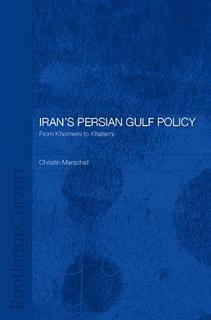First published in 2002 by
Kegan Paul International
This edition first published in 2009 by
Routledge
2 Park Square, Milton Park, Abingdon, Oxon, OX14 4RN
Simultaneously published in the USA and Canada
by Routledge
270 Madison Avenue, New York, NY 10016
Routledge is an imprint of the Taylor & Francis Group, an informa business
Alawi Darweesh Kayal, 2002
Transferred to Digital Printing 2009
All rights reserved. No part of this book may be reprinted or reproduced or utilised in any form or by any electronic, mechanical, or other means, now known or hereafter invented, including photocopying and recording, or in any information storage or retrieval system, without permission in writing from the publishers.
British Library Cataloguing in Publication Data
A catalogue record for this book is available from the British Library
ISBN 10: 0-7103-0768-3 (hbk)
ISBN 13: 978-0-7103-0768-2 (hbk)
Publishers Note
The publisher has gone to great lengths to ensure the quality of this reprint but points out that some imperfections in the original copies may be apparent. The publisher has made every effort to contact original copyright holders and would welcome correspondence from those they have been unable to trace.
Preface
Today, the United States stands at the helm of the Middle East. Her control of the Persian Gulf oil is masterful and firm. The worlds sole superpowers control of this area is a factor in the exercise of her world leadership.
Oil is of strategic significance. It is almost unique in this respect. Its significance lies in its permeating nearly every aspect of the economic life of present-day nations. It consumes governments and precipitates wars. The worlds developed economies are heavily dependent on oil, and no reasonable substitute for it is anticipated in the foreseeable future.
The bulk of the earths known oil reserves, more than 70 percent, is concentrated in the Persian Gulf area. And although alternative energy sources have been vigorously pursued, the United States continues, since 1970, to import from the Persian Gulf 24 percent of needed oil for her own consumption. Japan and Europe, of course, are in varying degrees totally dependent on oil imported from this area. The region, therefore, will continue to be the scene of a control challenge amongst the powers of the world. For the control of this area and its individual states presses the oil-consuming countries into accommodation to the directives of the controller.
With such magnitude of dependence on oil from the Gulf area, and with the 1973 oil shock vivid in the minds of the US security planners, the Iranian uprising of 1979 and its repercussions alerted President Jimmy Carter in January 1980 to reassert the United States policy in the Gulf in what came to be known as the Carter Doctrine:
Let our position be absolutely clear. An attempt by any outside force to gain control of the Persian Gulf region will be regarded as an assault on the vital interests of the United States
The vital interests of the United States cannot, therefore, be left to the complexities of Arab politics and Arab-Israeli conflicts. Consequently, the United States, a military and economic might, has embarked upon a path of finding opportunities in crises in the Middle East to strengthen her influence and affirm her presence there. Piece-by-piece she has worked out ways to formulate policies aimed at insulating oil from Middle East politics and world politics for that matter.
Since this study was completed thirty years ago there have been several major events related to the control of the flow of Gulf oil: the 1973 Arab-Israeli war and the ensuing oil embargo; the Iranian revolution and the fall of the Shah; the Iran-Iraq war; the participation in and nationalization of the ownership of oil, and the attendant cancellation of the concession agreements; the diminution of the powers of the major oil companies; the increased strength of OPEC and the sustained hike in the price of oil; the break-up of the Soviet Union which altered Russias strategic position as a superpower; the invasion of Kuwait by Iraq; the Gulf war; the sanctions imposed on Iraq and Iraqs subsequent isolation. Casting a long shadow over all these events is the Palestinian plight with its resultant continuing Arab-Israeli conflict.
Oil in the Middle East is very much intertwined with the Arab-Israeli struggle. The path followed by the United States in formulating her policies is of seemingly contradictory aims. It ranges from making use of Arab fragmentation, through beefing up Israels military capabilities and guaranteeing its arms supremacy, to the direct presence of United States military forces in the area.
In the process of these policies Egypt, the heart of the Arab nation, was alienated at Camp David in 1979. Soon she found herself expelled from the Arab League, with the effect of segregating her from the Arab-Israeli conflict and Arab politics, and thereby the politics of oil. Egypts expulsion carved a deep wound in the Arab heart. When she finally returned she had been away for so long that the wound remains wide open and bleeding in what we see of the Arab disarray, and in what is happening to the Palestinians and the Palestinian cause.
The Palestinian tragedy is the core of the Arab rage. One needs to remember that the creation of Israel called for the establishment of an exclusively Jewish state in a country that was predominantly Arab. An entire society of Palestinian Arabs has been uprooted from its homeland and thrown into refugee camps in order for its land to house people brought in from all over the world from Eastern Europe, from Argentina, from South Africa, from all corners of the earth. The name of a country called Palestine was removed from the worlds atlases and the name of a country called Israel was substituted. It was that simple. And what was left of Old Palestine the West Bank and the Gaza Strip is now in siege under the most repressive measures and humiliations.
Myth and sophistry aside, all of the Palestinian sufferings were committed under United States auspices and with her full support. Since 1972 the United Nations Security Council has voted on more than 30 resolutions condemning the atrocities committed by Israel against the Palestinians. All 30 of these resolutions were vetoed by the United States, causing them to fail. In most of these cases, the United States stands out as the sole dissenter against the other 14 members of the Security Council, who voted in support of the resolutions. Too, Americas ability to arbitrarily decide which United Nations resolutions she will press for adherence (Iraqi sanctions) and which she will flagrantly disregard (Israels withdrawal from the territories occupied as a result of the 1967 war), is causing deep anger and bitterness among the Arab people. People everywhere can neither accept nor tolerate the innate injustice of this double standard, especially when it is practiced by a country which is in the position of leadership of this world, with the responsibility of adjudicating the rule of law and the declared principles of democracy and human rights.


